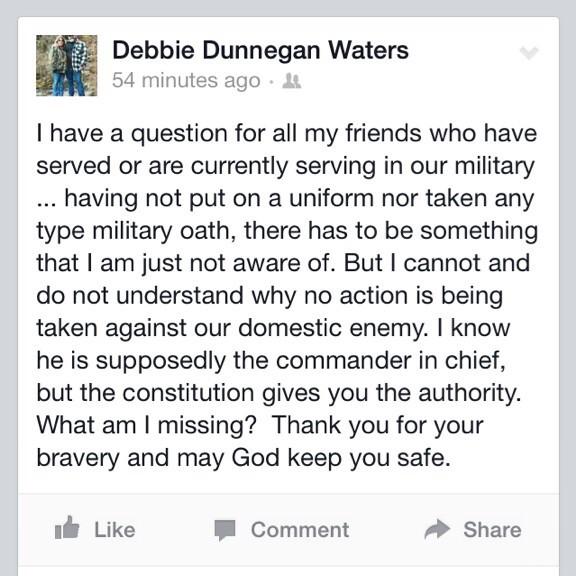May 6, 2016 — “Captain America: Civil War”
Nov. 4, 2016 — “Doctor Strange”
May 5, 2017 — “Guardians of the Galaxy 2″
July 28, 2017 — “Thor: Ragnarok”
Nov. 3, 2017 — “Black Panther”
May 4, 2018 — “Avengers: Infinity War Part I”
July 6, 2018 — “Captain Marvel”
Nov. 2, 2018 — “Inhumans”
May 3, 2019 — “Avengers: Infinity War Part II”
Part of the excitement, at least in certain quarters, is the fact that Marvel will be headlining two superheroes who are, as this article at HuffPo puts it, not white males.
On Tuesday, you likely saw Twitter freak out when Marvel announced its upcoming development schedule. “What are all of these nerds so excited about?” you maybe asked. “Who is this Carol everyone is tweeting about?" Well, here's the answer: the next five years of our lives will include not one but two non-white-male superheroes, Black Panther and Captain Marvel (aka Carol Danvers). The solidified plans are an impressive contrast to DC's speculative releases, and because it’s about time a genre about otherness started representing superheroes who aren't straight white males.
The discussion surrounding minority superheroes usually boils down to a variation on this: "Who cares about diversity? Everyone will go see these movies anyway." That's why this locked-down Marvel schedule is such awesome news. Sure, DC made its stab at expanding the comic-book universe, but it's not the same. The studio set “Wonder Woman” for release some time in 2017, but didn't provide any specifics; it also cast Ray Fisher as Cyborg, who will make his debut during the face-off of "Batman V. Superman: Dawn of Justice" before coming to a theater near you on his own ... in 2020. (It's a release date so far in the future, Cyborg might actually exist at the point.) Also, does anyone actually give a crap about Cyborg? While we'll have to wait for a solid Apollo and Midnighter film, Tuesday's announcement is a step in the right direction.
There's a good point here -- gods know it's time we started seeing women and minorities in superhero films in other than supporting roles. (And a side note: it's interesting that the second G.I. Joe movie, Retaliation, starred Dwayne Johnson, who took over after they killed off Channing Tatum. Granted, the Joes are not, strictly speaking, superheroes -- their "abilities" come largely from technology -- but lumping them all together into the category "action/adventure with special abilities," it works for me. And that film is not the only one in that super-genre to star a black actor, by a long shot.)
I think, though, the article, and a lot of the reactions, miss a point: There's something to be said for the literal representation of minorities as heroes, but there's a larger message, especially in the Marvel Universe, which came out most obviously in the X-Men movies, was alluded to in The Avengers, and forms a subtext in most of Marvel's superhero films (so far). It was brought home to me in a wonderful scene in Jim Heinberg's Young Avengers comics, in which Billy Kaplan (Wiccan) comes out to his parents as a superhero -- or tries to. Teddy (Hulkling) is there, and Billy's mother jumps to the conclusion that he's finally confessing to being gay, passing out hugs all around while Billy's father welcomes Teddy to the family. The obvious point is that it's OK to be gay, but being a superhero (read "mutant")? Not so much. Or, short answer: these are stories about outsiders.
(By the way, why isn't someone doing a Young Avengers movie? Would beat the hell out of the Twilight spin-offs that have been cluttering up movie screens.)
I suppose, though, that for the movie-going public, some things have to be really, really obvious. And sometimes Hollywood needs a kick in the butt: it seems they can make a movie about minorities, but absorbing them into "mainstream" fare is still a bit of a reach.















